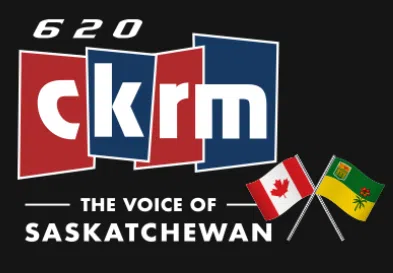Canadian beef and cattle producers have faced the familiar challenge of keeping their herds fed outside grazing season.
A study at the University of Saskatchewan is diving into the challenges that cold-climate cattle producers face as they have to rely on storing and using feed crops, such as hay and other cereal grains.
Dr. Gabriel Ribeiro, an assistant professor in the Department of Animal and Poultry Science at the College of Agriculture and Bioresources, is leading a study with USask’s Drs. Gregory Penner and Bart Lardner explore how applying alkali treatments to agricultural byproducts, such as straw and oilseed screening supplementation, can provide more affordable and sustainable alternatives to traditional feeds.
With funding from the Government of Saskatchewan’s 2023 Agriculture Development Fund, this multi-year project will engage a large team of USask researchers and industry partners to innovate towards more reliable, affordable, and environmentally friendly cattle feed options.
Ribeiro and his team are working to increase the digestibility of straw by treating it with alkali, such as calcium oxide and calcium hydroxide, and supplementing it with screenings of oilseeds like canola and flax, to help the microbes in the digestive tracts of cattle break down this tough fibre.
Ribeiro’s team will also explore how adding oilseed screenings can provide essential protein and amino acids to cattle gut microbes, further supporting the breakdown of fibre and increasing the overall nutrient profile of the diet.
“What we’re trying to do here is make sure that we improve the chances that cattle will have to make the most [of these feeds].”
Ribero said that for Western Canadian beef and dairy producers, improving the quality of these agricultural byproducts and crop residues as cattle feed would boast a significant impact, mainly when the costs of more common feed options are high.
“Finding ways to promote economic sustainability is essential,” said Ribeiro. “If producers can’t keep producing because it’s too expensive, then consumers will feel that.”
“By using these crop residues and using some of those oilseed screenings, we have a huge potential to reduce the carbon footprint of beef and dairy cattle production in Western Canada,” Ribeiro added. “We feel that this project is a win-win for both the producers and society in general.”









